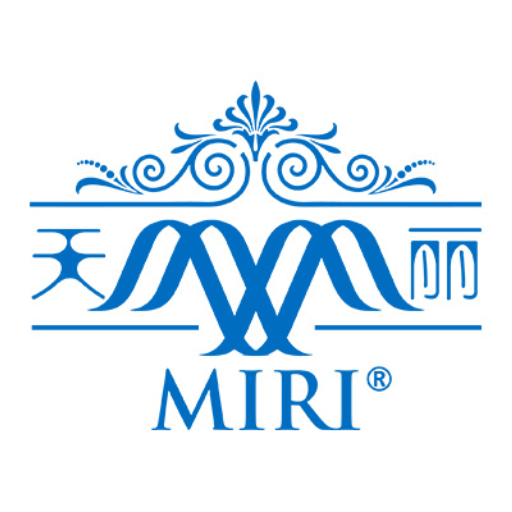Menopause and Hair Loss: Understanding the Connection and Natural Solutions
The Impact of Menopause on Hair Health
Menopause marks a significant transition in a woman’s life, bringing various physical changes – including effects on hair health. As estrogen levels decline during menopause, many women notice changes in their hair’s thickness, texture, and growth patterns. This hormonal shift can lead to thinning hair, increased shedding, and sometimes even changes in hair color.
The connection between menopause and hair loss stems from the delicate balance between estrogen and testosterone in the body. When estrogen decreases, the relative effect of testosterone increases, which can shrink hair follicles and shorten the hair growth cycle. Understanding this biological process helps women approach hair care during menopause with proper knowledge rather than frustration.
Hormonal Changes and Their Effects on Hair
During menopause, three key hormonal changes affect hair health:
- Declining estrogen levels that previously supported hair growth
- Relative increase in androgens (male hormones) that can miniaturize hair follicles
- Reduced progesterone, which helps block androgen receptors in hair follicles
These hormonal shifts explain why many women experience pattern hair thinning similar to male pattern baldness during their menopausal years. Unlike temporary hair loss from stress or illness, menopausal hair changes tend to be gradual and persistent without intervention.
Holistic Approaches to Menopausal Hair Health
While menopause-related hair changes are common, they’re not inevitable. A multipronged approach can help maintain healthy hair during this transition:
- Nutrition: Increase protein, iron, zinc, and vitamin B intake
- Stress management: Practice meditation or yoga to lower cortisol levels
- Scalp care: Use gentle, nourishing hair products and massage the scalp
- Hormonal support: Consider phytoestrogen-rich supplements like Miri Feminine Essence
Pairing these lifestyle approaches with targeted supplementation can make a noticeable difference in hair density and quality during menopause.
Targeted Solutions for Menopausal Hair Concerns
Several natural ingredients show particular promise for addressing menopausal hair loss:
Pueraria Mirifica: This phytoestrogen-rich herb helps balance hormones naturally while providing nutritional support for hair follicles. In Miri Beauty Revital, it’s combined with other botanicals to support overall vitality and beauty from within.
Collagen supplements: As we age, collagen production declines, affecting hair strength and growth. Supplementing with high-quality collagen peptides, like those in Miri Collagen Protein, can improve hair texture and reduce breakage.
For women experiencing noticeable thinning, topical solutions containing minoxidil or natural DHT blockers may also help when combined with internal support.
Embracing the Change with Confidence
While menopausal hair changes can be unsettling, they’re a normal part of the transition. With proper care and the right support systems, women can maintain healthy, vibrant hair at any age. Remember that hair is just one aspect of the menopause journey – focusing on overall wellness will benefit hair health as well.
By understanding the hormonal mechanisms at play and implementing a strategic care routine, women can minimize hair loss and feel confident throughout menopause and beyond.
